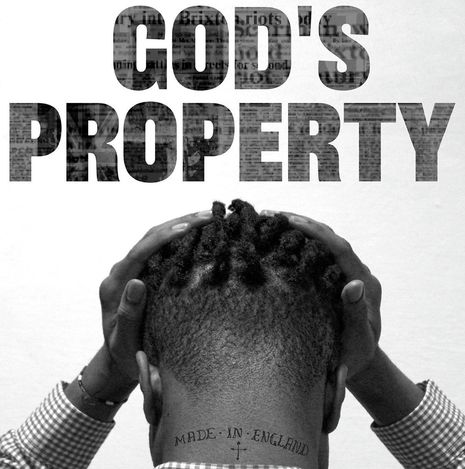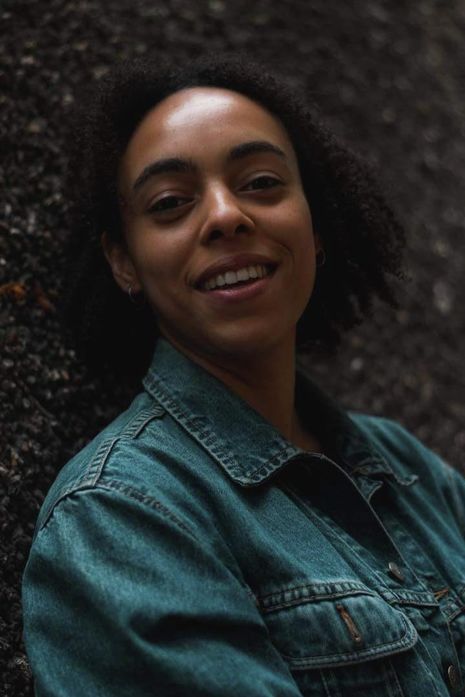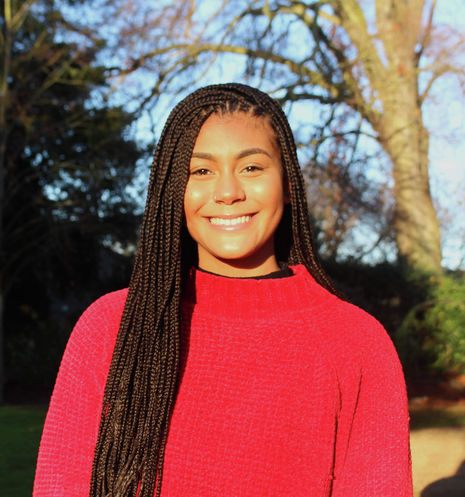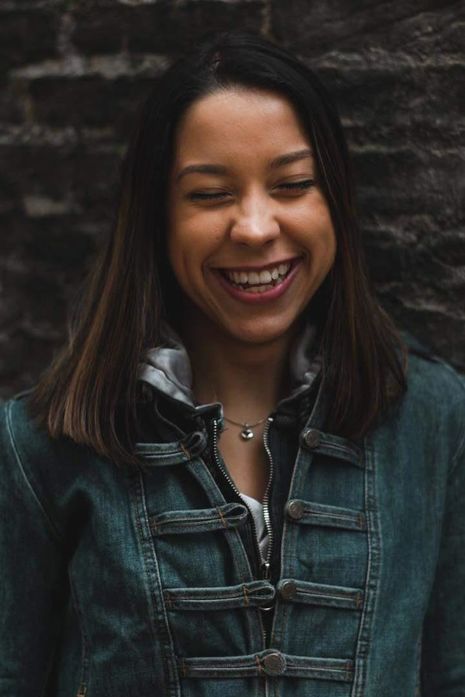God’s Property: hitting at the core of what it means to be mixed race
The production team for God’s Property tell their stories of navigating mixed-race identities, both at home and at Cambridge

Arinze Kene’s play God’s Property is about the relationship between two mixed-race brothers, Onochie and Chima, and their navigation of their racial identity in a context of skinhead gangs and inner-city riots. Mixed-race is a broad term that touches countless individuals, which makes the scarcity of plays about mixed-race identity all the more startling. My identity is constantly on my mind, though I have never really spoken about it much to anyone (beyond my mum). However, when I opened production applications for God’s Property, I started receiving messages from people telling me that they could identify with my experiences and feelings. These people are now part of the God’s Property production team, and these are their stories. I want to open up the conversation on mixed-race identity in the same way that I hope our production of God’s Property will do. After all, generating conversation is, in my opinion, theatre’s primary purpose.
Melissa Haynes Agoro, Publicity Designer
2nd year, Natural Sciences, Emmanuel College

When I was little, being mixed-race was simple maths. It made perfect sense to me that my mum was white British, my dad was black Nigerian and I was right in the middle: half and half. I was confident in who I was and never felt out of place growing up in South East London, where the diversity of my friendship group reflected my local area. I know now that being mixed-race is a lot more complicated than that, because you don’t fit into the categories that people have set up in their heads.
'At Cambridge, it often feels like the lack of diversity has made the boxes you have to fit into even smaller'
My dad died when I was five and although I didn't realise it at the time, I think that really affected how I deal with my identity. My mum showed me how to be a strong woman, she taught me to be brave and kind and to always speak up for myself, but of course I missed out on a lot of the things I could have learnt from my dad about Nigerian culture and growing up black in England. I became more aware of this as I got older, particularly at Cambridge where it often feels like the lack of diversity has made the boxes you have to fit into even smaller.
I’m proud to be viewed as a black woman in most contexts, but I often feel anxious that I'm not quite "black enough" or like I'm running to catch up with all the cultural knowledge and experiences I should have learnt from my childhood without feeling like I’m rejecting everything my mum has given me. I'm still figuring out how to celebrate both parts of my heritage whilst resisting the pressure to be anything but myself: black and mixed race.
Leona Renard Kouame, Photographer
1st year, HSPS, Fitzwilliam College

I’m half Ivorian and half French, but I grew up in London. Being mixed race was the source of a lot of confusion in my childhood; I was never truly educated about my Ivorian heritage, and every time I went to France, people constantly reminded me that I wasn’t at home. This meant that I never appreciated the beauty of my blackness when I was younger and saw it as more of a burden than the blessing I see it as now.
My mum was amazing: she watched countless YouTube tutorials to make sure that my hair was well done, and she took me to as many exhibitions about black heritage as she could. That said, no matter how much she did, being the only black person on her side of the family felt isolating, and I long to understand both parts of my identity more. At least I’ve got del-deprecating jokes to get me through!
Hannah Shury-Smith, Director
3rd year, English, Homerton College

It’s only recently that I’ve really started to think about race. I’ve always known that my nan is Norwegian and my grandad is Guyanese, but to me this just meant visiting beautiful fjords every summer, and getting plantain and rice and peas whenever my grandad felt like cooking. While it’s true that I was one of the few non-white children in my primary school (the lack of racial diversity led to people assuming that I was South Asian), I didn’t feel like I stuck out – instead I loved going on about Norway and Guyana (which definitely got annoying for my classmates after a while). The grammar school I went to was a lot more racially diverse, but also – as a result – friendship groups were unfortunately a lot more racially segregated.
'I've become interested in making the Cambridge theatre scene more representative'
A running joke with my black and South Asian friends was how “white” I was – not in terms of my racial heritage, but because of the way I acted. My taste in music, my relationship with my parents, the fact I was applying for an English degree…these were all evidence of my “whiteness”, and I remember my friends telling me how I would “become so white” at Cambridge. Maybe it sounds deep now, but it was just banter at the time. It did, however, initially impact my attitude to Cambridge – I wanted to find friends that resembled my friends back home. The racial diversity of my college friendship group greatly contrasted the racial makeup of the English faculty and the world of Cambridge theatre.
My response to all of this was to become interested in making the Cambridge theatre scene more representative – this meant the plays being programmed, the actors on the stage, and the audiences coming to watch the plays. This work is obviously ongoing, but recent personal developments – the fact I am part of Bread Theatre and Film Company, the fact I am directing this play, and the fact that I have also written a play about mixed-race identity (shout out to Chalk) – have given me a great creative outlet for working out my racial identity, and hopefully spark conversation between the audiences that come to watch this show.
God’s Property runs from Tuesday 11th – Saturday 15th February at the Corpus Playroom. https://www.adctheatre.com/whats-on/play/gods-property/
 News / SU reluctantly registers controversial women’s soc18 December 2025
News / SU reluctantly registers controversial women’s soc18 December 2025 News / CUP announces funding scheme for under-represented academics19 December 2025
News / CUP announces funding scheme for under-represented academics19 December 2025 Features / Should I stay or should I go? Cambridge students and alumni reflect on how their memories stay with them15 December 2025
Features / Should I stay or should I go? Cambridge students and alumni reflect on how their memories stay with them15 December 2025 Fashion / The art of the formal outfit 18 December 2025
Fashion / The art of the formal outfit 18 December 2025 News / Dons warn PM about Vet School closure16 December 2025
News / Dons warn PM about Vet School closure16 December 2025









